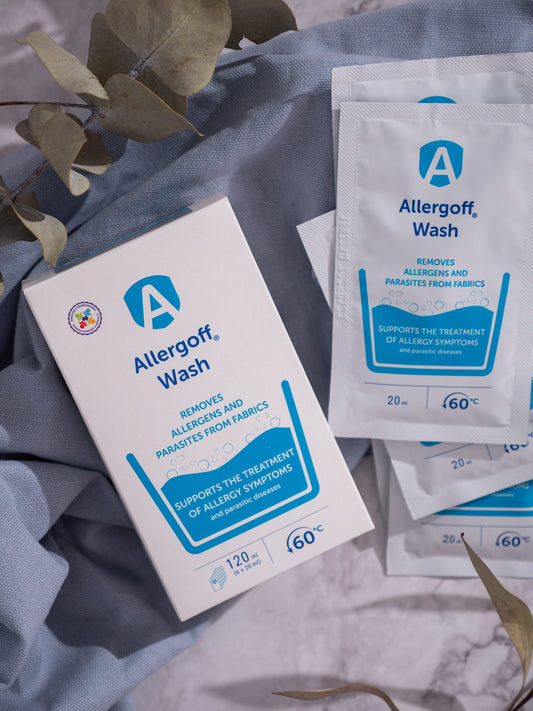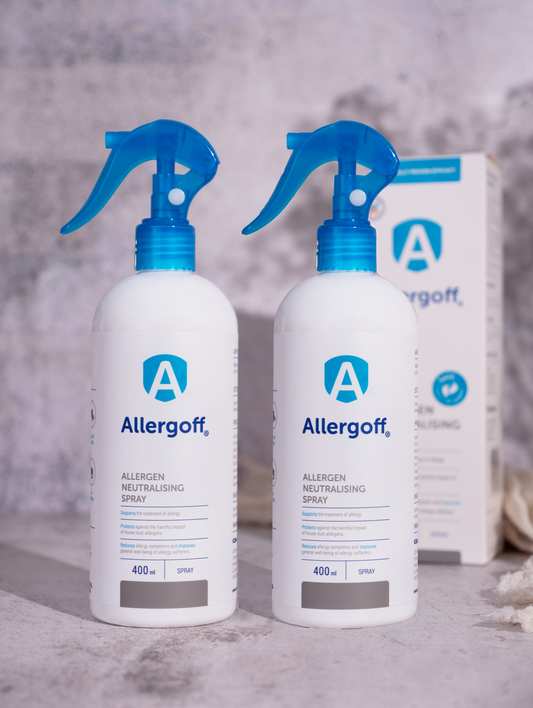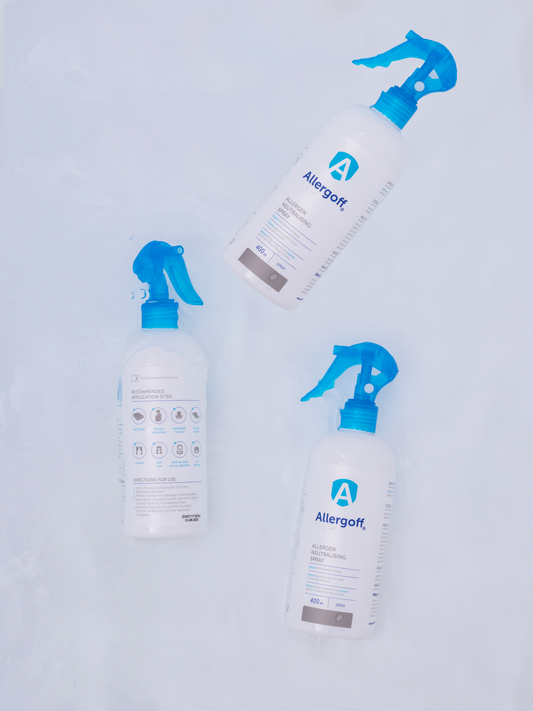
Share
The bedtime allergy mystery, solved.
Knowledge Base
The bedtime allergy mystery, solved.
Ever noticed your skin flares up just as you’re winding down? Or that you wake up sneezing, stuffy, itchy, or wheezing?
Night-time allergy symptoms are incredibly common, and no, it’s not your imagination.
Here’s what’s really going on while you sleep:
Dust mites love your bed.
They thrive in warm, humid spots like mattresses, pillows and bedding. Their allergens are a major trigger for eczema, asthma, and allergic rhinitis – especially when you’re exposed to these allergens for hours while you sleep.Body temperature rises overnight.
That extra warmth increases skin sensitivity and makes itching feel more intense. For people with eczema, this can lead to more scratching (and less sleep).Airway inflammation peaks at night.
Asthma symptoms and nasal congestion often worsen due to circadian rhythms and lying flat, which can make breathing feel more difficult and interrupted.Skin loses moisture overnight.
This natural drop in hydration weakens the skin barrier, making it more vulnerable to irritants, and making eczema flare-ups more likely.How to outsmart the flare-ups:
- Wash bedding weekly
- Use a barrier-protecting moisturiser before bed
- Keep bedrooms cool, dry, and well-ventilated
- Avoid fragrances in laundry detergents
- Use natural fibre bedding
- Use Allergoff spray on mattresses, pillows, quilts, and soft furnishings
You deserve a good night’s sleep – without the itch, sneeze, or wheeze.
-
Sale!

Allergoff Allergen Neutralising Spray 400mL
Rated 5.00 out of 5$59.95Original price was: $59.95.$45.95Current price is: $45.95. Add to cart -

Allergoff Atopy Skin Barrier Cream for Face and Body 75ml
Rated 5.00 out of 5$39.95 Add to cart -

Allergoff Atopy Skin Barrier Emulsion for Gentle Face and Body Cleansing 250mL
Rated 5.00 out of 5$48.00 Add to cart -
Sale!

Eczema Care Bundle
Rated 0 out of 5$147.90Original price was: $147.90.$99.00Current price is: $99.00. Add to cart




